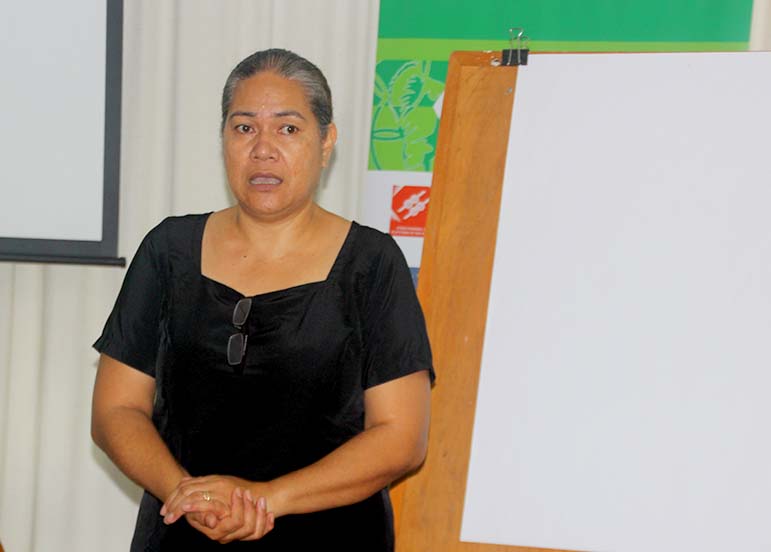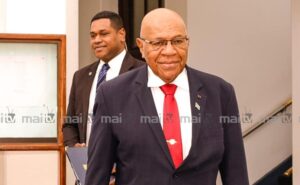As Pacific Forum Economic ministers prepare to meet next week, there is a call to include the voice of civil society in the COVID response. The voice of the people needs to be heard as Ministers seek a path out of COVID crisis
At their meeting economic ministers will grapple with an economic crisis worse than any experienced in the region in living memory and civil society organizations have spoken about the value of the voice of the people in making sure that new policies have the impact intended.
They will examine the impact COVID-19 on Pacific economies and communities and share experiences with a view to being better equipped to protect their people and businesses from the worst economic fallout.
Non-government – or civil society organizations as they are also known – represent people and communities working at grassroots level.
Emeline Siale Ilolahia, Executive Director of the Pacific Islands Association of Non-Governmental Organisations (PIANGO) says civil society organisations have shown their ability to improve public policy and she is keen to see their voice, and the voice of the people, is heard by policy makers.
As she puts it, it is about: “making sure that people are in the middle of it”.
For Ms Ilohlahia, engaging regional leaders in voicing Pacific community concerns is key in shifting dynamics and ensuring public policies filter right through to communities.
As Forum Economic Officials meet from today, August 4th in preparation for their ministers’ meeting, Ms Ilolahia says PIANGO’s will help push and strengthen outcomes of the agenda.
PIANGO in FEMM
PIANGO first became involved in the Forum Economic Ministers’ Meeting (FEMM) because it realised that the place where the money decisions are made matter to the people.
As officials and ministers decide policy over the next few weeks Ms Ilohlahia says PIANGO wants to make sure “That we don’t lose focus, make sure that the Pacific people, our values and (that) things that we don’t often seen on paper is right there – human rights, making sure that gender, you know our environment are part and parcel of those and also engaging civil society as major development partner in our own right, should be also recognised as part of that.”
PIANGO has much to bring to the table. It recently held consultations with seasonal workers stuck overseas as a result of border closures and it is concerned that, as government’s look for new sources of revenue during the COVID crisis, they will turn to seabed mining. Issues Civil Society Organisations (CSO) raised last year in their dialogue with the economic ministers, such as human rights in West Papua and issues for women and other disadvantaged groups continue to be important for the CSOs.
“One the things we appreciate is the engagement and mechanism we have with Pacifc Islands Forum Secretariat (PIFS), FEMM and the leaders,” Ms Ilohlahia said.
“We see the relevance of having a regionalism mechanism that can help our governments come together and look into these issues.
“Collectively, it does make an impact on how we negotiate a situation for our Pacific people,” she said.
Emeline Siale Ilolahia
“Labour mobility is one we find that individual countries have picked up to negotiate bilaterally with Australia and New Zealand,” Ms Ilohlahia said adding that this was an immediate issue that could be better dealt with through regional co-operation.
PIANGO hopes the 2020 FEMM outcome will provide the regionalism and the partnerships the Pacific deserves.
Forum economic officials began their meet yesterday, with the Economic ministers scheduled to virtually meet next week, Tuesday August 11.
Ana Civavonovono is a MaiTV Journalist, who is part of the Online Workshop for Pacific Journalists covering the Forum Economic Ministers Meeting (FEMM2020), supported by PACMAS, PIFS and PINA.
Related Stories

Emeline Siale Ilolahia 
Emeline Siale Ilolahia 
Dame Meg Taylor










